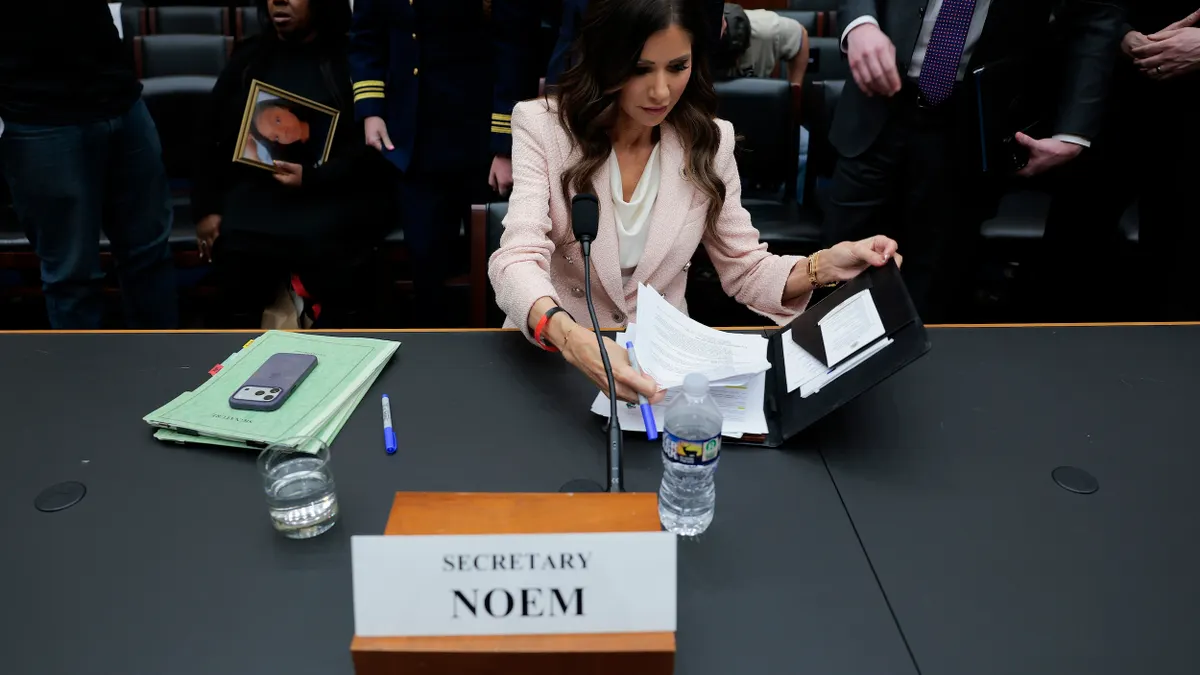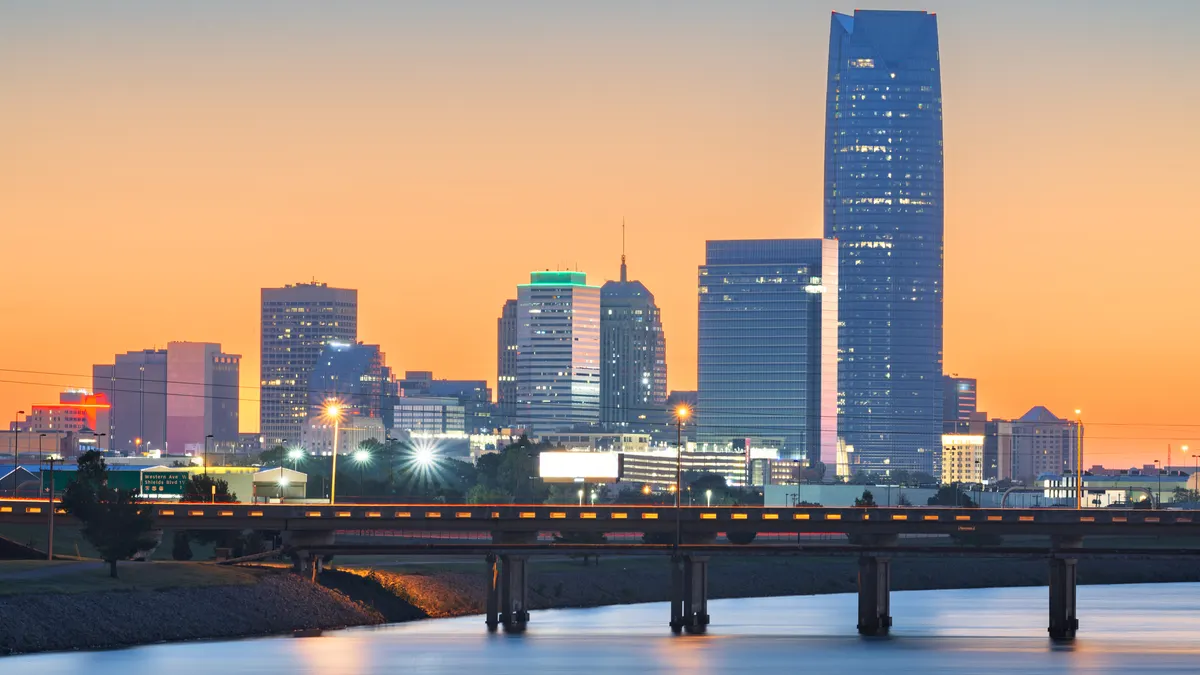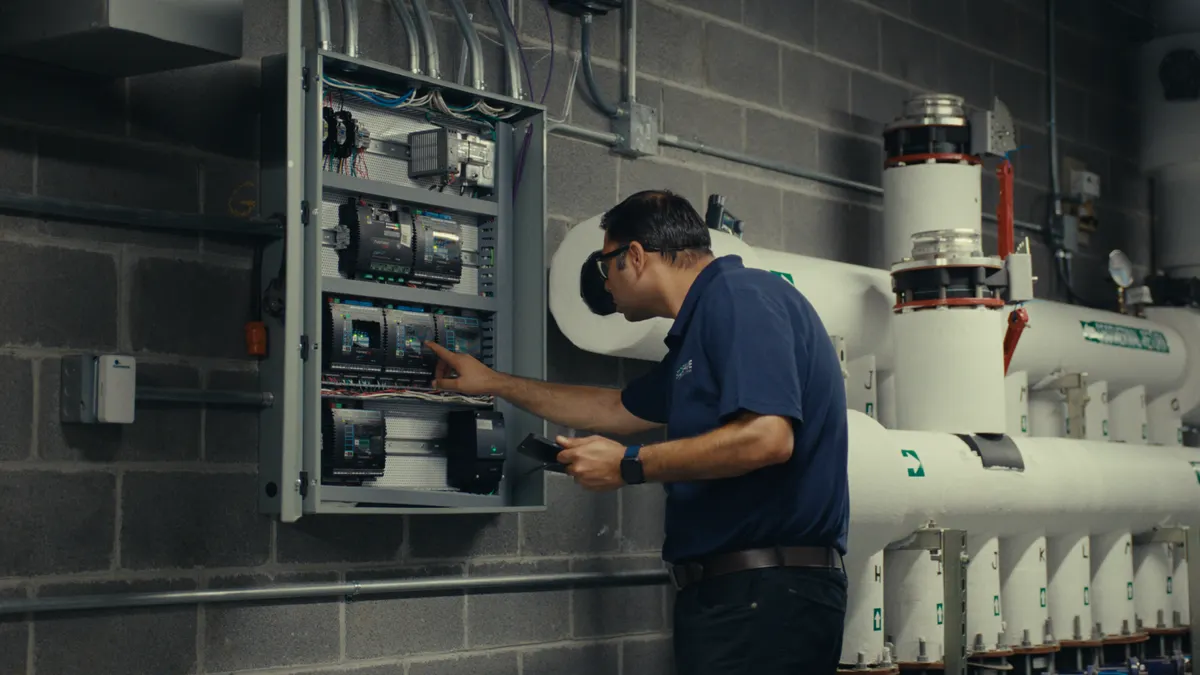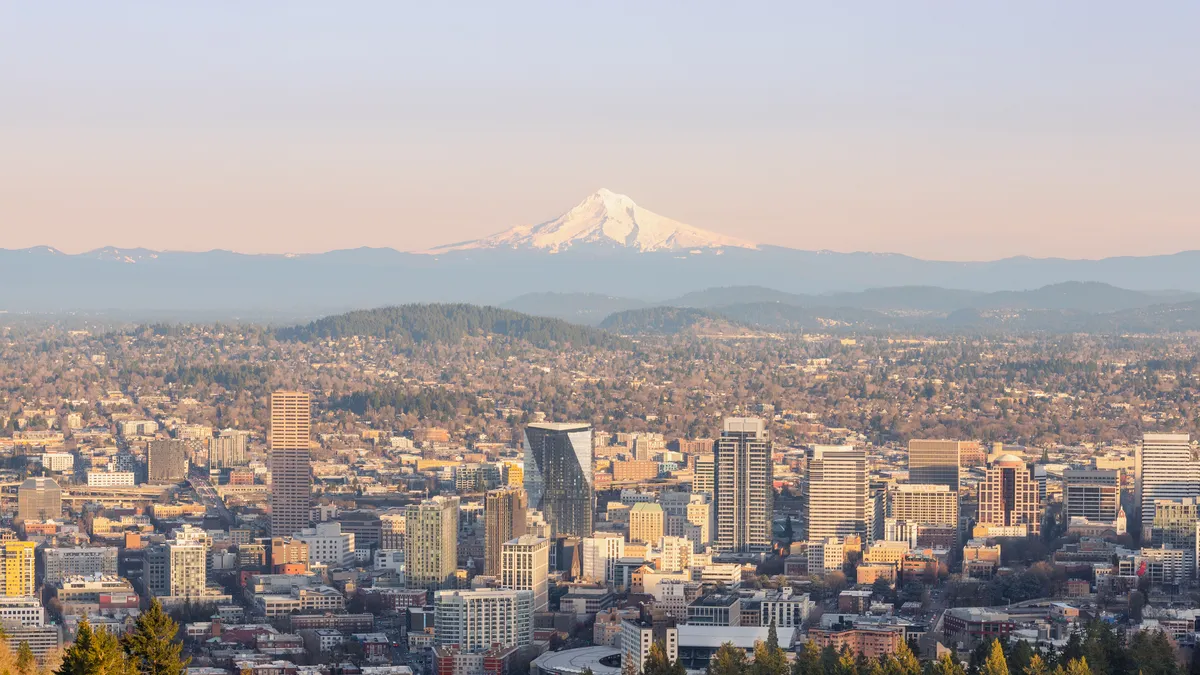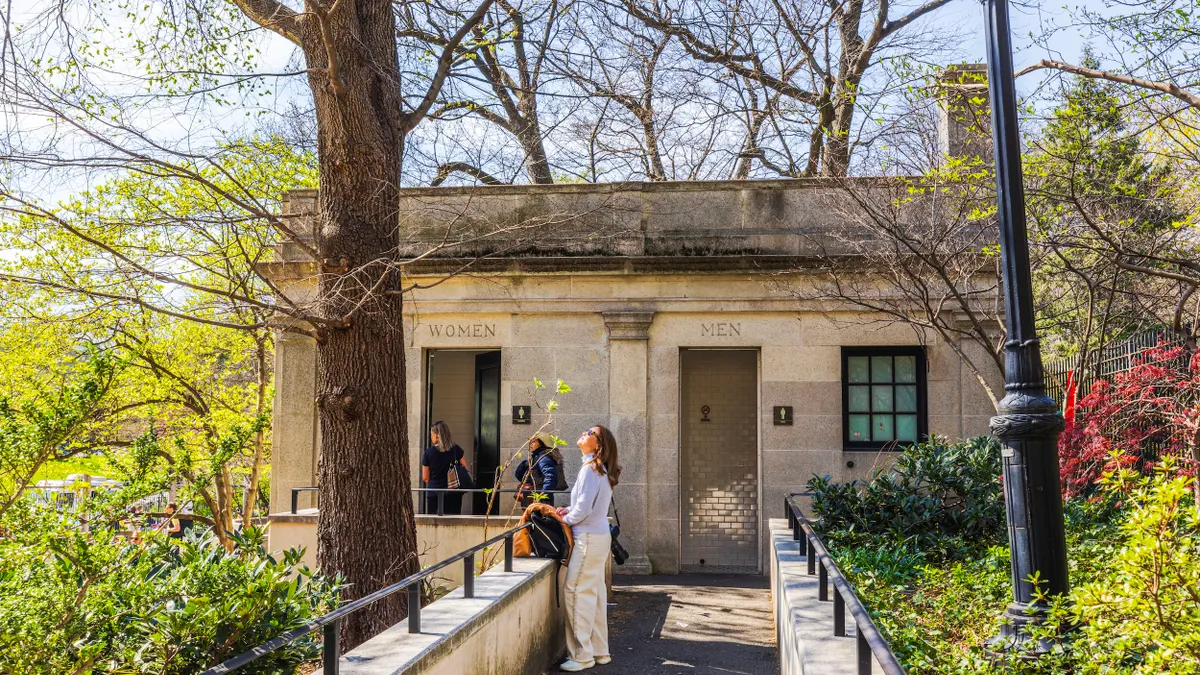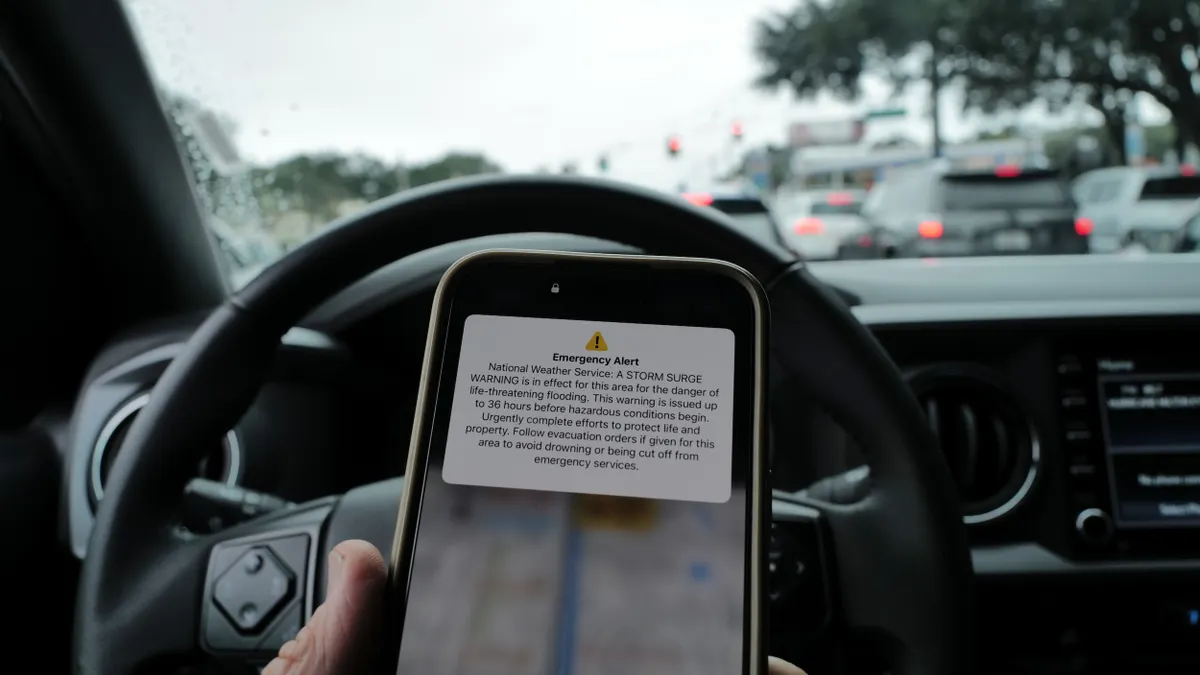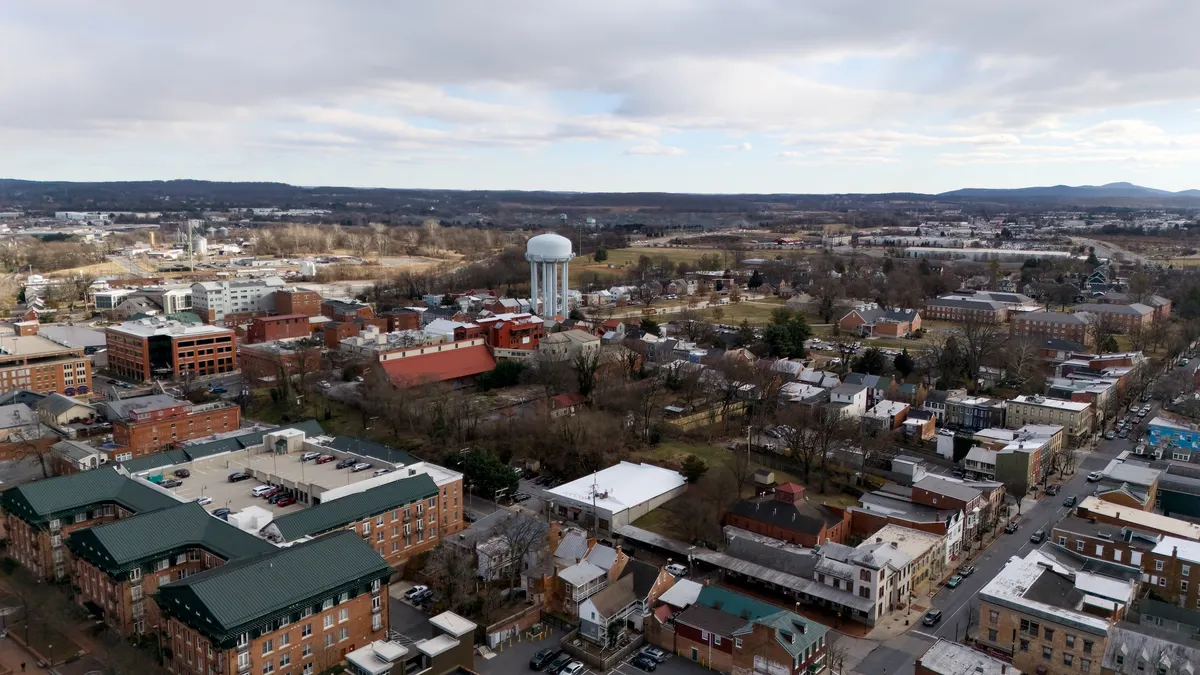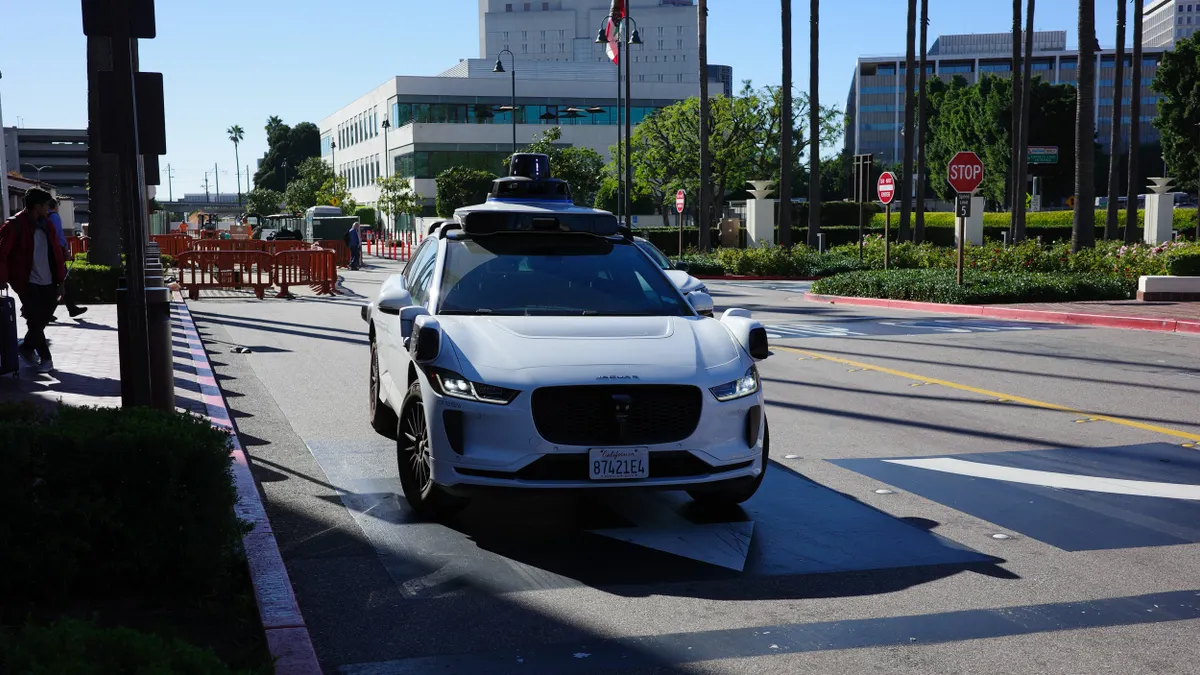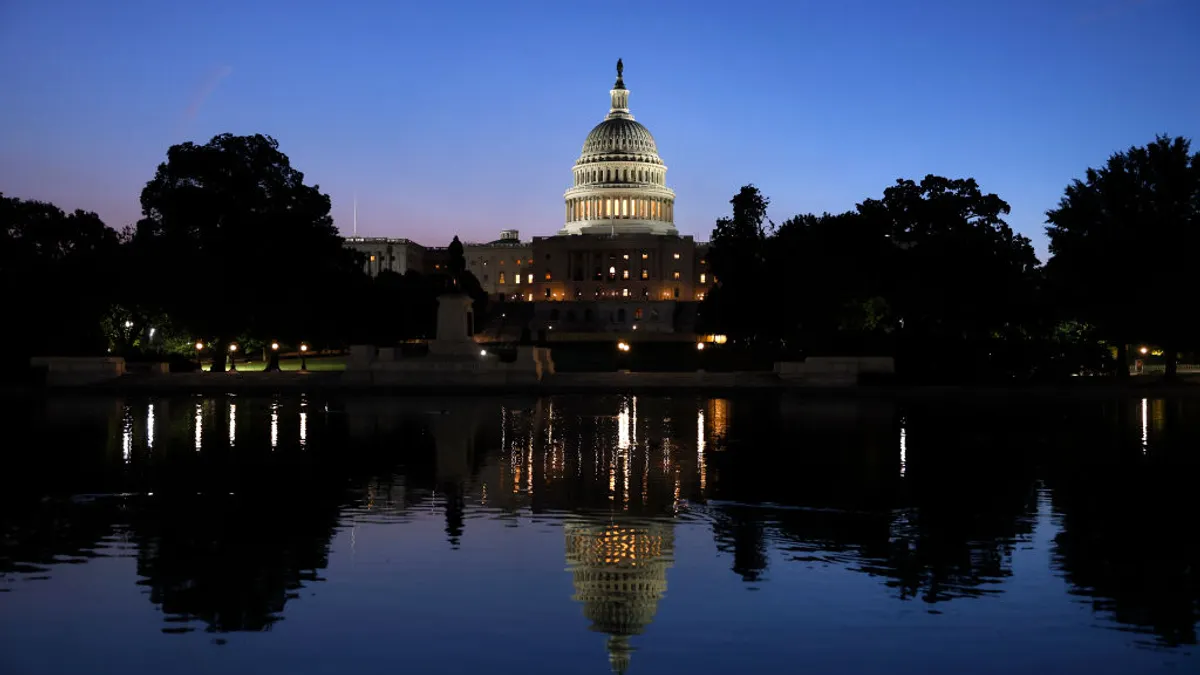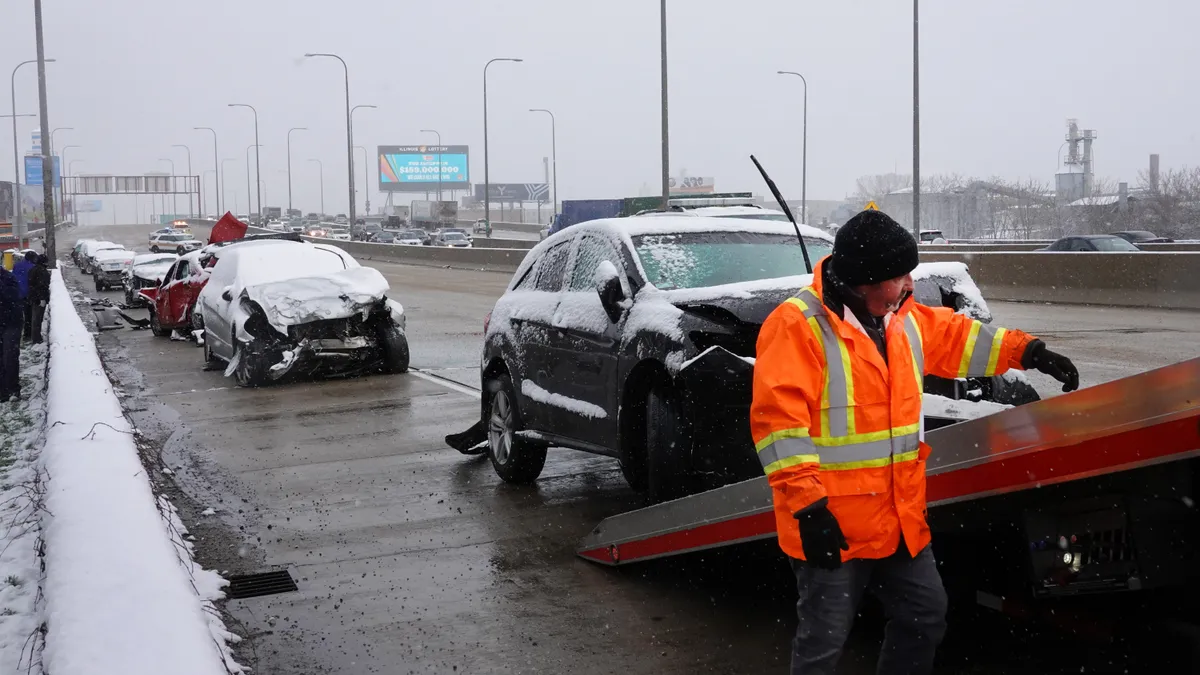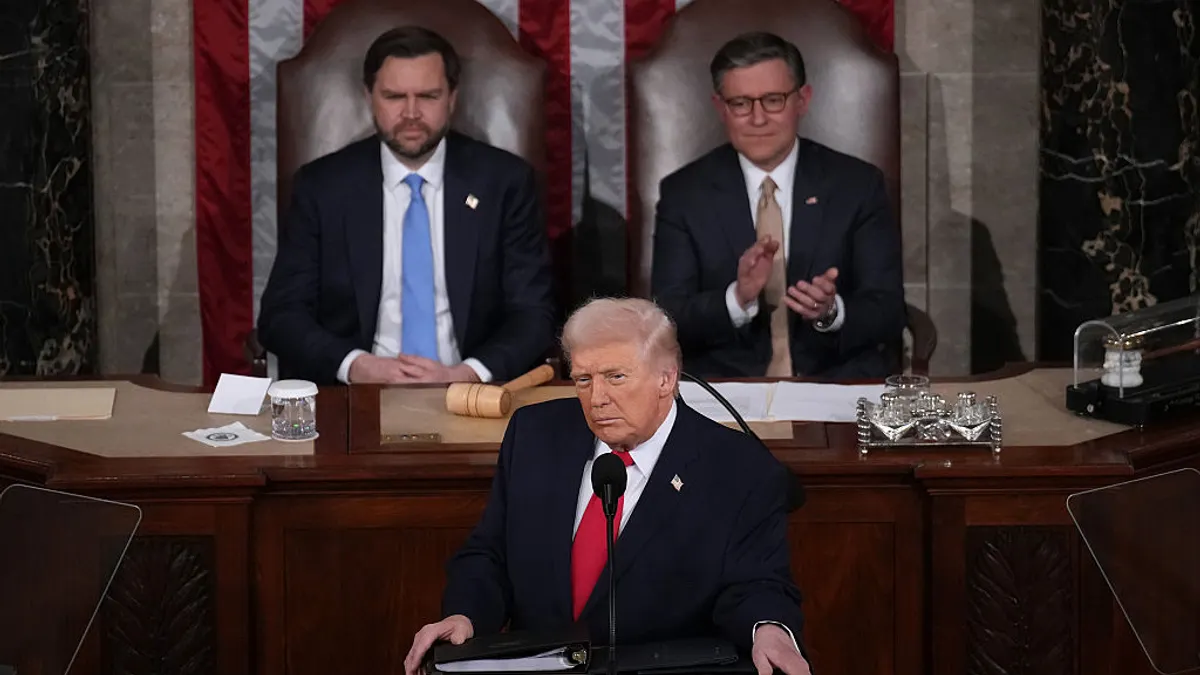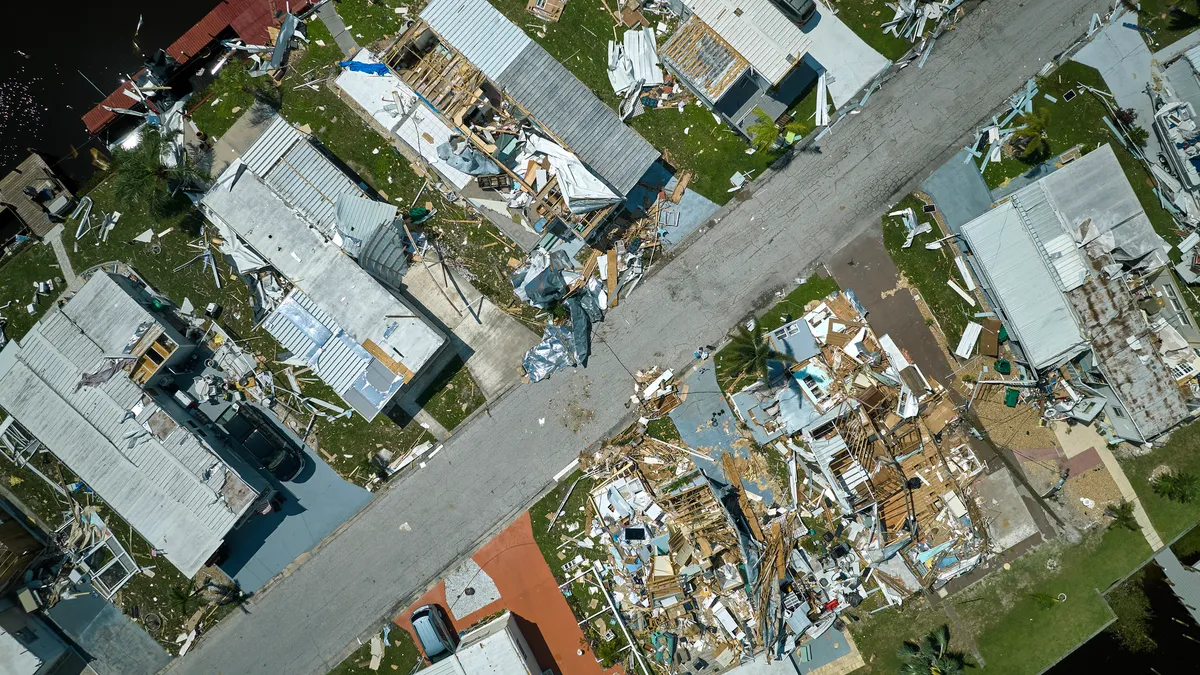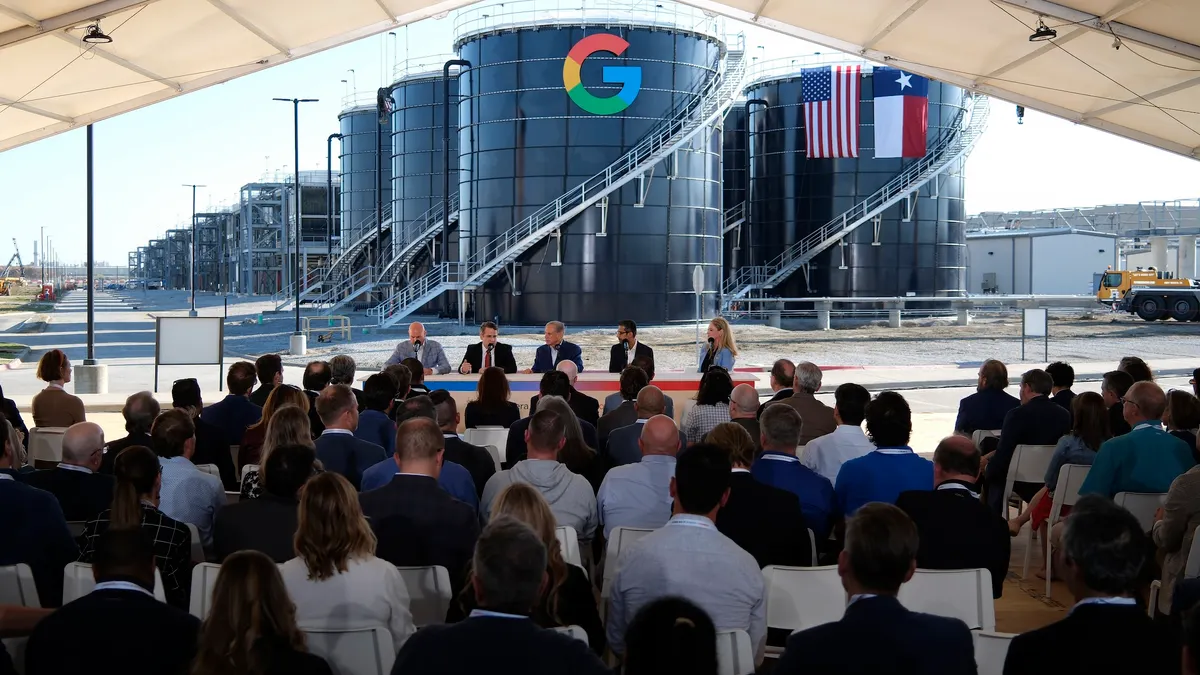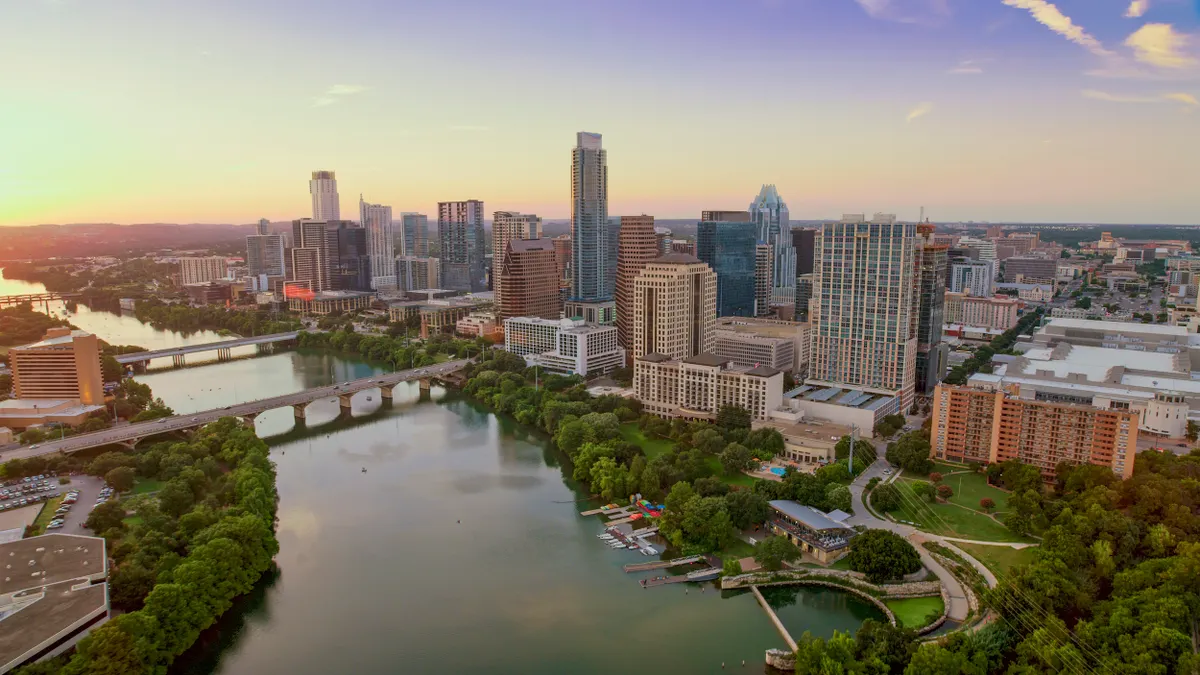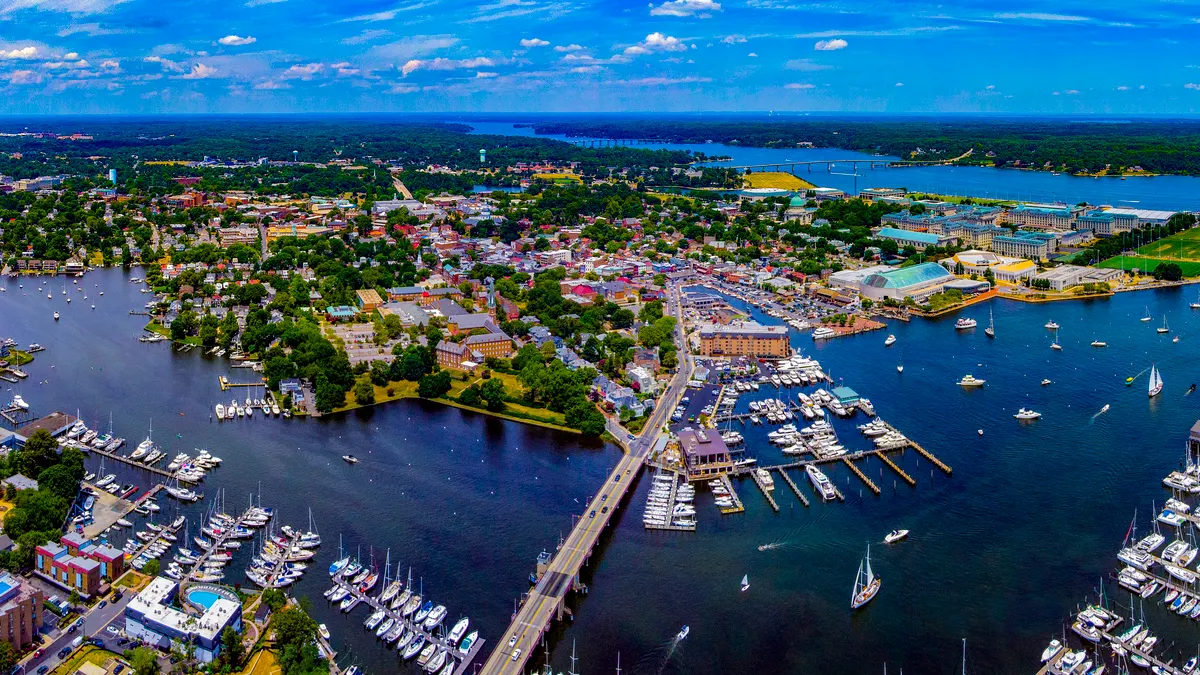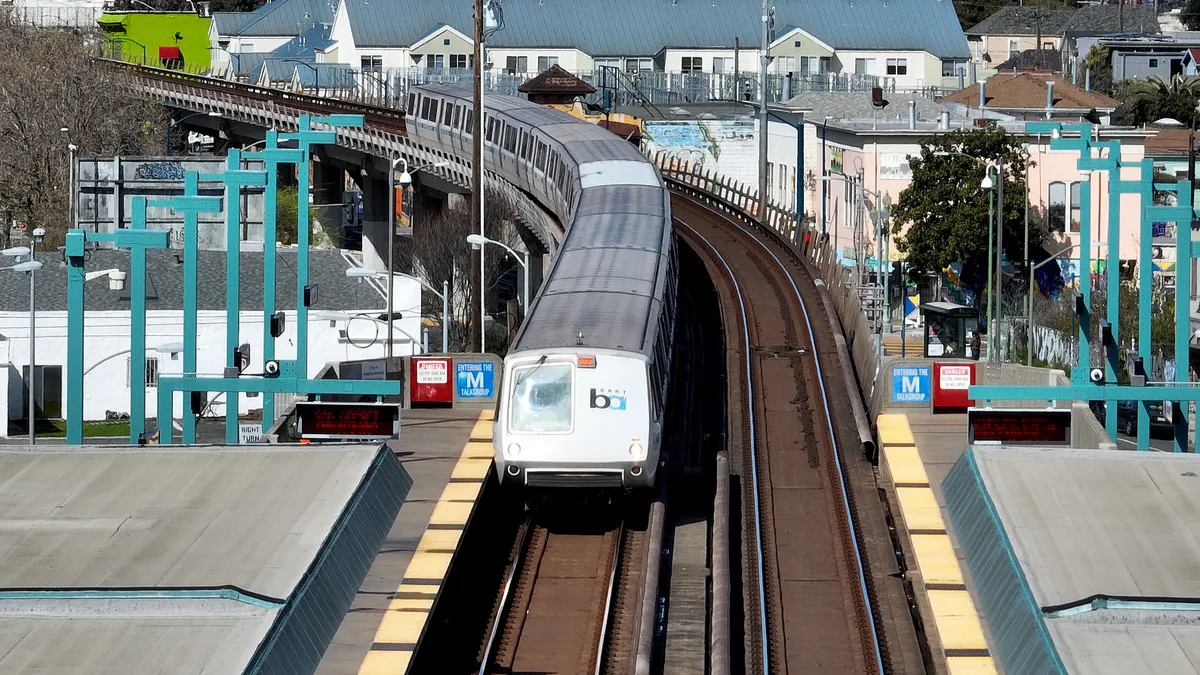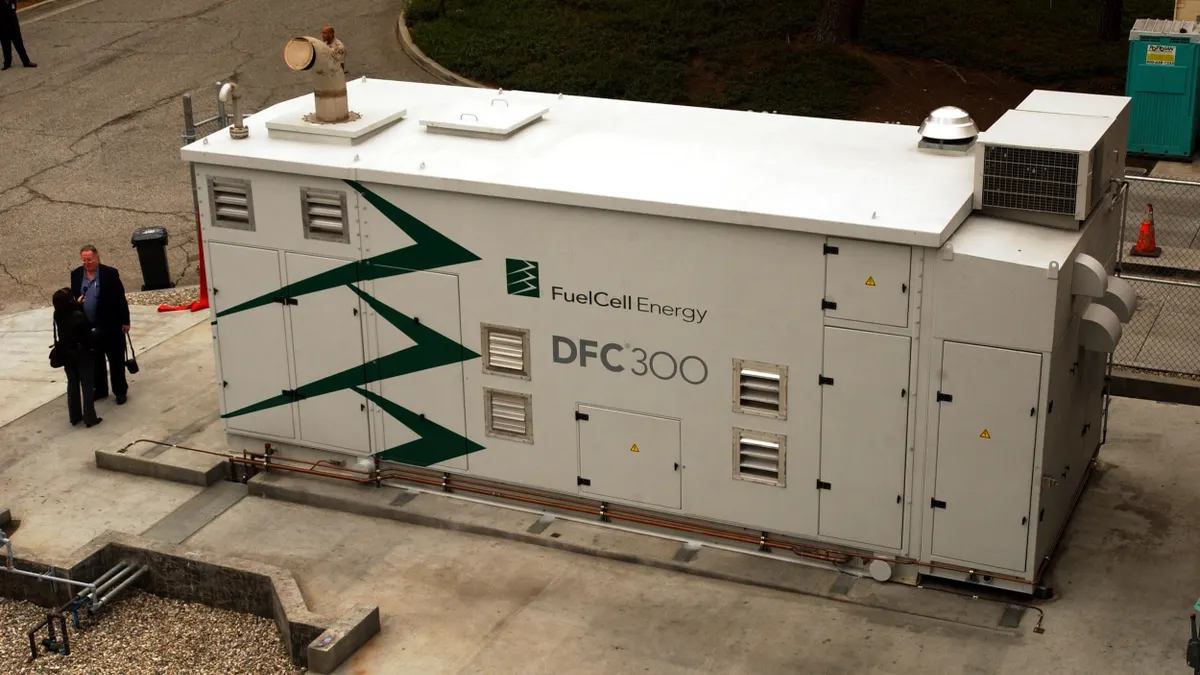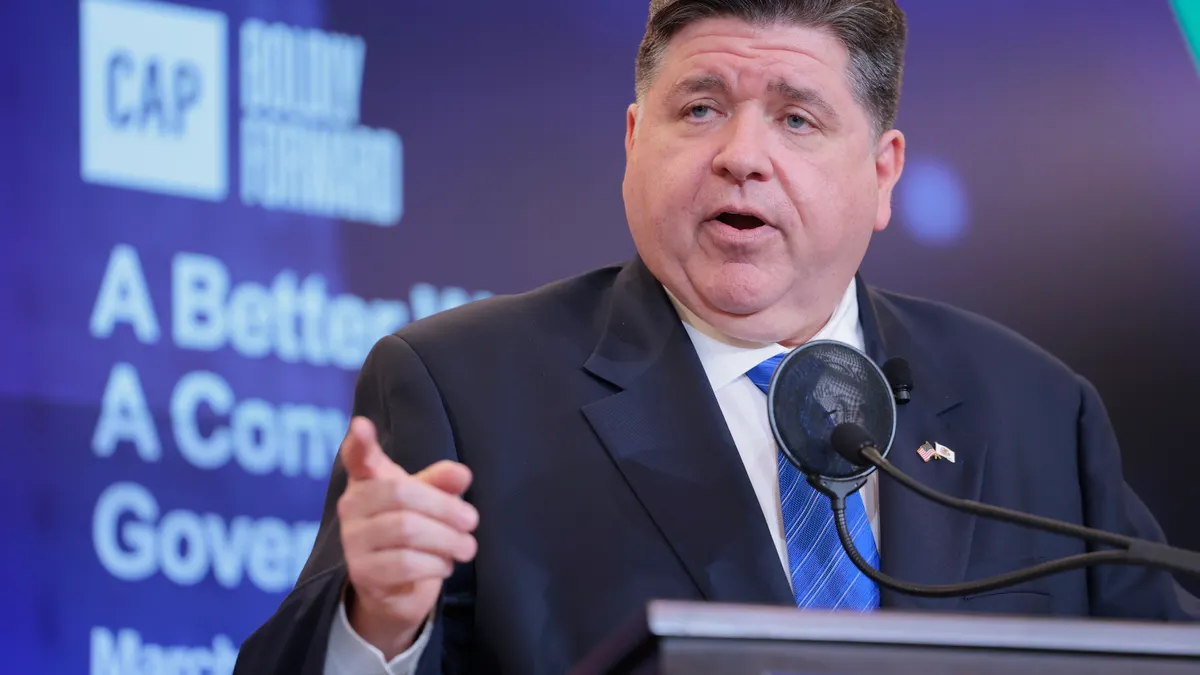The Latest
-
4 ways Oklahoma can ease its affordable housing crisis
An Urban Institute study detailed challenges in Oklahoma’s housing market but also noted solutions for the state.
-
Brooklyn project shows feasibility of using geothermal in dense urban areas
Although installation costs are higher than for conventional systems, geothermal is cheaper over the long term, project consultants say.
-
Tracker
Air taxis and urban air mobility: The latest developments
Archer Aviation expects to begin flying passengers this year as part of the U.S. Department of Transportation’s first air taxi pilot projects.
Updated March 3, 2026 -
Got a spare room in Portland, Oregon? The city might give you $1K to rent it out.
The home-sharing program is one of several city efforts to activate "underutilized" housing, Mayor Keith Wilson said.
-
After years of delays, NYC makes $4M bet on modular public toilets
New York Mayor Zohran Mamdani said the plan to deliver 20 to 30 new portable, self-cleaning units this year will ensure people can “travel through our city with a little less anxiety.”
-
Can AI close the language gap in disaster warnings? A federal watchdog raises concerns.
The National Weather Service lacks clear goals and a funding strategy as it attempts to scale AI-powered multilingual alerts, a Government Accountability Office report warns.
-
Frederick County, Maryland, plots a ‘more active’ approach to housing shortages
The county needs to build nearly 32,000 housing units in the next decade to meet demand, a new report found.
-
Tracker
Robotaxis: The latest developments
The public can hail a Waymo in four more cities across Texas and Florida while the company starts testing in Chicago and Charlotte, North Carolina.
Updated March 2, 2026 -
New bipartisan bill bars major investors from buying single-family homes
Legislation released in the wake of President Donald Trump’s State of the Union address aims to boost homeownership, but experts say it won’t solve the root problem plaguing housing affordability and access.
-
The Municipal Cost Index
The January 2026 update to the Municipal Cost Index is now available. See how it stacks up against nearly 50 years of data.
Updated Feb. 27, 2026 -
Teachers struggle to afford housing. What are districts doing about it?
To help recruit and retain staff, more school districts are stepping in to give them a break on rent — and even a leg up on homeownership.
-
Traffic deaths declined an estimated 12% in 2025: National Safety Council
Despite that decline, the Governors Highway Safety Association highlights drowsy driving risks in a new report.
-
How one company is using AI to transform affordable housing
EliseAI is automating workflows and taking phone calls for property managers who oversee one in six rental units in the U.S., the company says.
-
What Trump said about housing in his State of the Union address
The president emphasized affordability in his economy-focused annual speech but offered little new information.
-
Transit agencies, bus companies take on human trafficking
Training frontline workers and educating passengers about how to spot trafficking may increase “the possibility of saving the victim,” a transit leader said.
-
US homes are becoming uninsurable, study says. Here are 3 things states can do.
As natural disasters drive up home insurance costs, states are in a position to curb a looming insurability crisis, a Natural Resources Defense Council report says.
-
Before the world arrives for the LA28 Olympics, the goats are going to work
Los Angeles is deploying 500 four-legged landscapers to clear vegetation in the Sepulveda Basin as the city readies for the 2028 summer games.
-
4 ways cities can shape data center impact
AI is scaling faster than local codes. Climate Mayors’ new resource aims to help cities navigate hyperscaler expansion and negotiate data center development that strengthens local priorities.
-
Light rail moves forward in Austin, Texas
With a construction team named, work on the 10-mile line is expected to begin next year and finish in 2033.
-
How a Maryland county integrated AI into its case management systems
Anne Arundel County is using AI to target repetitive tasks like transcriptions and case summaries, but staff oversight remains at the core of the process.
-
California lends $590M to keep Bay Area transit running
The loan will prevent service cuts in the near term, but a long-term solution depends on a November 2026 regional ballot measure.
-
3 state-level parking reform efforts to watch
To encourage housing development, more states are ending parking spot minimums.
-
Opinion
How a skills-first hiring strategy transforms organizational performance for local governments
The public sector can set a standard showing that capability matters more than pedigree and economic opportunity should be based on what a person can do, not just whether they have a college degree.
-
States sue Energy Department for terminating $8B in clean energy funding
The Trump administration unlawfully bypassed Congress and made politically motivated cuts to programs created through the IRA and IIJA, the lawsuit claims.
-
Pritzker proposes statewide zoning standards to boost housing in Illinois
Illinois Gov. JB Pritzker targeted local housing regulations in his State of the State this week, unveiling a path for more “missing middle” development.

